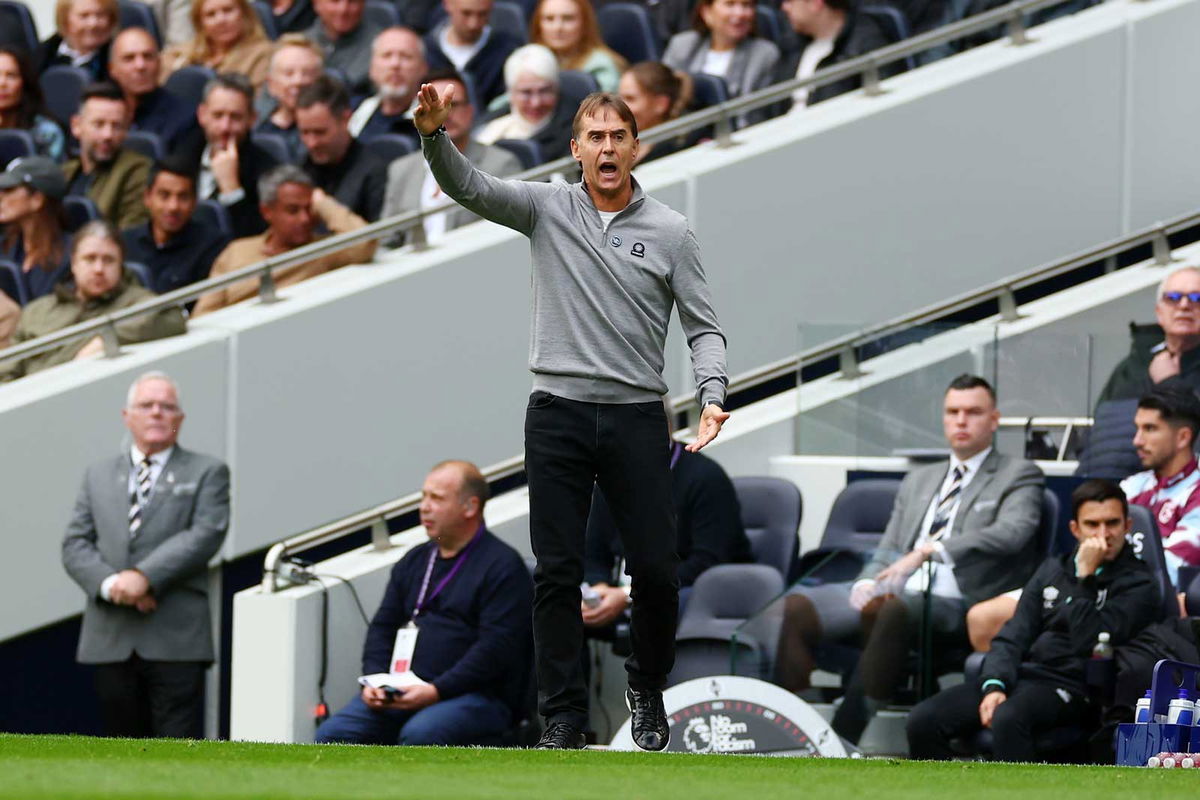Last summer, Julen Lopetegui met with David Sullivan and the West Ham board to present his project, reportedly “interviewing well.”
Fast forward to today, and concerns over the Spaniard’s credentials are mounting.
Will Salthouse played a pivotal role in negotiating Lopetegui’s arrival at West Ham after he severed ties with Portuguese super-agent Jorge Mendes. Salthouse, a trusted contact thanks to his close relationship with Sullivan, also worked tirelessly to broker a compromise with Manchester United over the Aaron Wan-Bissaka deal.
Regarding Lopetegui, though, there are some red flags in his CV.
At Porto, his approach to possession was criticized as possession for possession’s sake. With financial backing, he brought in players like Gianelli Imbula, Maxi Pereira, André André, Miguel Layún, and Iker Casillas. However, 53 victories, 15 draws, and 9 defeats in 78 matches weren’t enough to keep his job. He left Porto after a year and a half, with the club in third place, four points behind leaders Sporting CP and eliminated from the Champions League.
As manager of Spain, Lopetegui remained unbeaten for two years. However, after agreeing to join Real Madrid post-World Cup, he was dismissed 48 hours before Spain’s opening game against Portugal and replaced by Fernando Hierro. Spain arrived at the World Cup in Russia with the best record among all 24 nations over the prior two years, scoring 61 goals and conceding only 13.
His time at Real Madrid, however, marked a sharp decline. A 5-1 loss to arch-rivals Barcelona at Camp Nou was their fifth defeat in six matches. He lost as many games as he had won, and his tenure lasted only four months, earning him the nickname “Julen the Brief.”
Lopetegui the winner
At Sevilla, Lopetegui managed to restore his reputation, although fans criticised his cautious style. Some comments on social media echo the sentiments of many Hammers fans today:
– “If you like entertaining football, you’re out of luck.”
– “He built the most solid Sevilla I’ve ever seen, and the most boring. Attacks slowed down, and midfielders forgot how to play vertically. Strikers were constantly isolated.”
Despite this, he led Sevilla to fourth place in La Liga, qualified them for the Champions League, and won the UEFA Europa League against Inter Milan. In October 2022, however, he was dismissed after a poor run of five losses in eight games and a 4-1 defeat to Borussia Dortmund in the Champions League.
A nine-month stint at Wolves followed, where he kept the club in the Premier League after they had looked like relegation candidates. Wolves finished 13th, which was likely a selling point to West Ham, yet he left due to financial constraints.
There were mixed feelings among Wolves fans about his appointment at West Ham. Interestingly, many of his previous signings at Wolves, such as Matheus Cunha, Mario Lemina, and João Gomes, found form under Gary O’Neil after Lopetegui’s departure.
Small signs of progress?
So what style of football is our Spanish head coach trying to instil at West Ham, a club previously known for its counter-attacking style? Lopetegui has emphasised a possession-based approach, often utilising a three-man midfield with a creator, a defensive midfielder, and a carrilero (supporting midfielder), while the full-backs maintain width. Despite having £400 million worth of talent, Lopetegui has struggled to get the best out of his squad.
It may be that he’s been “found out” and needs to adapt more. Though less stubborn than Moyes with substitutions, his substitutions could be more driven by frustration than tactics.
Ironically, for the “Careful what you wish for” brigade, Lopetegui’s record in comparable fixtures from last season suggests some progress. However, time isn’t on his side, and expectations from both fans and the board are much higher than he and his staff have delivered thus far.

